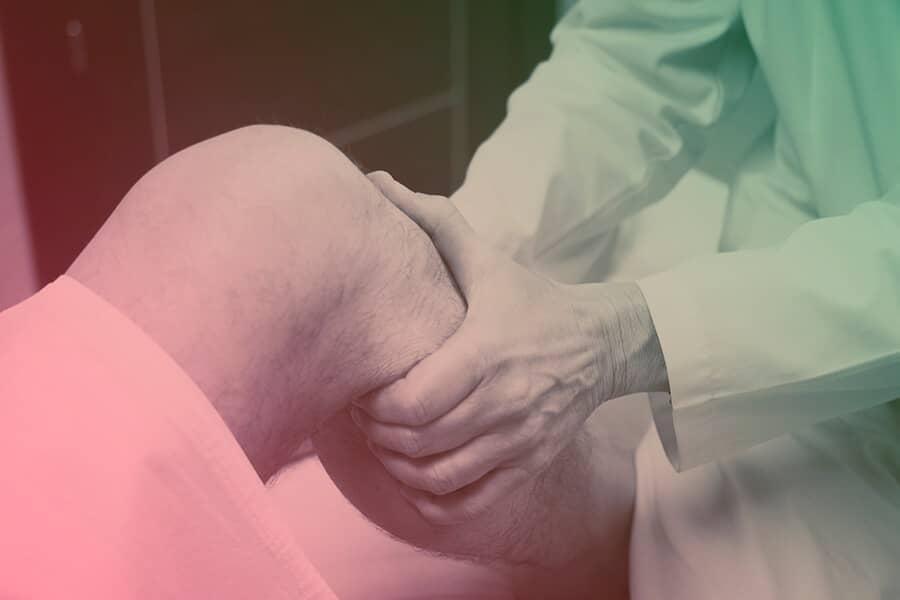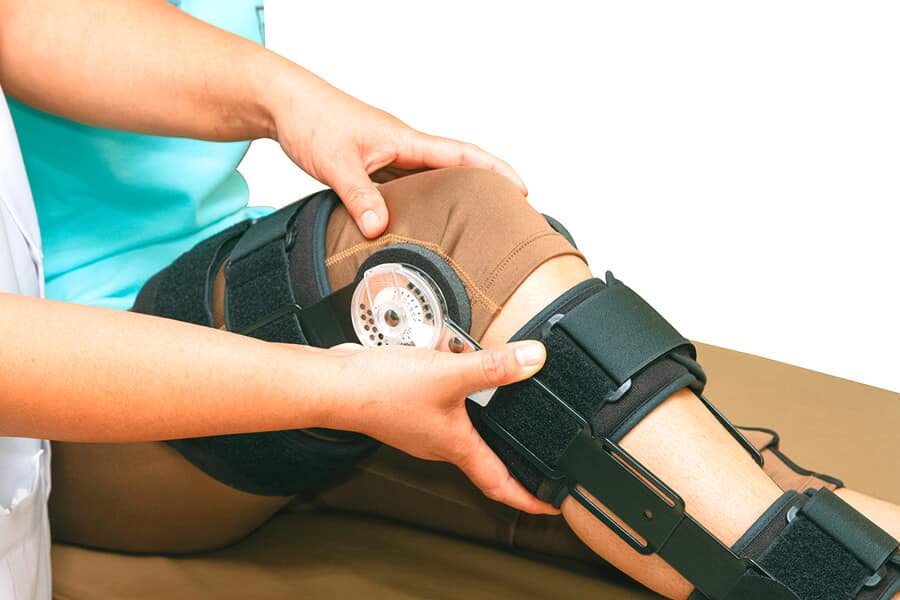
Knee problem can be complicated that it sometimes leads to replacement surgery. People choose to undergo surgery because they have suffered enough from the discomfort, the pain and the other symptoms associated with their knee problem. But the procedure itself is not the only thing that people should consider. Equally important is the surgeon who will conduct the operation. That is why choosing the right and best knee surgeon is highly important to the success of the surgery and for the recovery as well. With this, we listed some of the basic things to consider when selecting a knee surgeon.
Basic Factors to Consider When Choosing a Knee Surgeon
-
Experience
This is highly important to the success of the surgery. Experience sharpens the skills and knowledge of a professional. So when you choose a knee surgeon, make sure to check how long has he/she been practicing and what disciplines is he/she most experienced at. You must also ask how many times has the surgeon performed knee replacement surgery and does he/she perform such many times a year? Questions like this help you establish the competency of the surgeon.
-
Education
The training, education and degrees of the surgeon also speak of his/her competence in the field. That is why you must consider and review the surgeon\s education, training, degrees, fellowship and board certifications.
-
Check Online
You can verify the surgeon’s credentials and education online. In the U.S., you can look into the surgeon’s disciplinary record and reputation through any of these associations’ respective website: American Medical Association and Academy of Orthopedic Surgeons.
-
Ask Questions
It is your right as a patient to ask questions. After all, it’s your condition and health that are in line here. Try not to feel intimidated and uncomfortable when asking questions. Raise your concerns about the procedure, its success, the possible complications, the recovery time, etc. You can even ask the surgeon directly about his/her experience and credentials.
-
Second Opinion
If you are not comfortable or satisfied with the first surgeon you approached, you can always try a second opinion. The surgeon usually understands if you are not at ease and are requesting for a second opinion.
-
Trusting Your Instincts
Sometimes, you just have to trust your gut. Weighing in all the considerations mentioned above, you can just go with the surgeon you have a good feeling about.
Knees-Only Surgeon
Orthopedic surgeons perform knee surgery. However, in general, they are not specialized in knee replacement. If you really want a surgeon who is highly trained and experienced in knee procedures, go straight to a knees-only surgeon. In Arizona, TarlowKnee is the place to go. Dr. Tarlow is a knees-only surgeon who perform advanced procedures like knee replacement. Learn more about Dr. Tarlow today.




 Knee problems such as osteoarthritis affect millions of Americans every year. Aside from this fact, many people are not that aware that there is a correlation between knee problem and sexual function. Based on a research presented at the annual meeting of
Knee problems such as osteoarthritis affect millions of Americans every year. Aside from this fact, many people are not that aware that there is a correlation between knee problem and sexual function. Based on a research presented at the annual meeting of 




